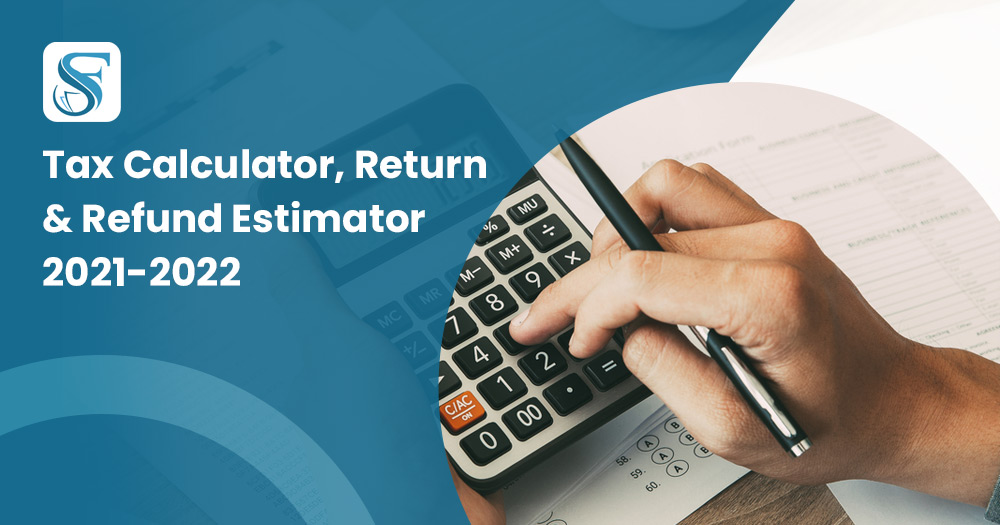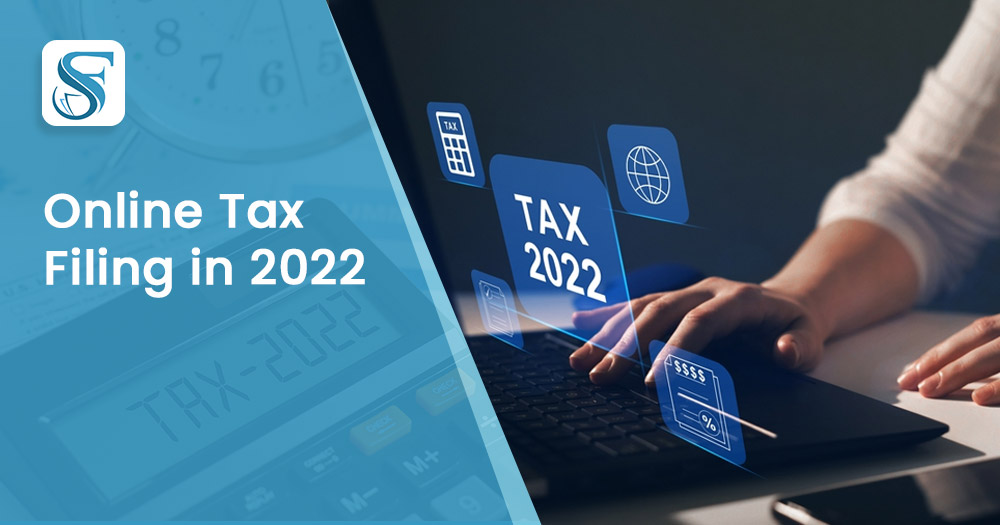A tax refund may be a terrific economic boost, whether you store it for retirement, use it to make payments for credit card debt, or spend it right away. Many people in the United States rely on their tax refund as a significant component of their yearly budget. According to the IRS, about 151,681,000 tax returns were e-filed for Tax Year 2020 as of October 2021, out of a total of 167,634 million 2020 Returns submitted. The entire gross taxes collected by the IRS in a year are subtracted from the refunds provided.
In 2020, the IRS collected nearly $3.5 trillion in tax revenue but only issued $320 billion worth in tax refunds for 2019 returns filed in 2020. This would result in the IRS collecting $3.18 trillion in net taxes for the year. Our free tax return calculator can come in handy if you want to figure out how much money you’ll get back this year. A financial counselor can assist you in comprehending the role of taxes in your total financial objectives.
What Exactly are Tax Returns?
A tax return is a document or documents that are filed with the IRS to record revenue, spending, and other tax records. Tax returns allow taxpayers to figure out how much tax they owe, arrange their repayments, and get refunds for tax refunds. The taxpayer often begins a tax return by giving personal details, such as filing status and dependant details.
In the United States, tax returns, including information necessary to compute taxes, are submitted with the Internal Revenue Service (IRS) or with the local or state tax collecting agency. Forms sent by the IRS or other appropriate authorities are typically used to complete tax returns. Individuals submit federal income taxes using several versions of the Internal Revenue Service’s Form 1040. Forms 1120 and 1065 will be used to offer yearly returns for business corporations. To record revenue from non-employment sources, several 1099 forms are utilized. Form 4868 is being used to obtain an additional time extension to file a federal income tax return in the United States.
Read more here: What is a CPA? What does a Certified Public Accountants Do?
How Do You Calculate Tax From the Total?
When you submit your taxes each year, three things can happen. You may find out if you owe the IRS money, if the IRS owes you money, or if you’re in the white, having paid the correct amount in taxes all year. If IRS owes you in taxes overpayment, it’ll be refunded to you as a tax refund. Whereas, You’ll have to make the payments if you owe the IRS money in taxation. The tax return calculator on SimpleFunTax can help you figure out just how much revenue you could get or how much you’re likely to owe.
What makes you think the IRS owes you a tax refund? Various possibilities might occur. You may have overpaid your anticipated taxes or had an excessive amount deducted from your salary at work. You may potentially be qualified for so many tax deductions and credits that your tax burden is zeroed out, and you are entitled to a refund. A tax return calculator takes all of the information into consideration, which will tell you if you can anticipate a refund and how much you can expect.
How Can I Estimate my Tax Refund?
Our tax refund calculator will calculate your refunds and consider which allowances are refundable and which are not. Because tax regulations vary from fiscal year to year, even if your income and deductions remain the same, your tax refund may fluctuate. To put it another way, you could obtain different outcomes in 2021 than you did in 2020. It’s a good idea to revisit our tax return calculator if your salary changes or if you make any changes to the method you file your taxation payments. You could, for example, have chosen to itemize your taxes rather than take the standard deduction, or you might have changed the withholdings on your paychecks at some time throughout the year.
Income tax return calculators should give you a good idea of your projected tax refund or responsibility, although it may differ slightly from what you pay or get in the end. The only way to view your actual tax refund and liabilities is to use tax software or an attorney to prepare your taxes.
Read more: Tax Filing Online in 2022
When Can I Expect my Tax Refund Back?
Many taxpayers choose to deposit their tax refunds directly into their bank accounts. You’ll be requested your bank details when you file your income tax return. The IRS will transfer your refund money straight into your bank, so you do not have to wait for a refund check via mail.
You don’t have to wait until beyond the tax deadline to obtain your tax refund if you submit your taxes early. Your tax refund might arrive in a matter of weeks, based on the intricacy of your tax return. Visit www.irs.gov/refunds for an estimate of when your refund will arrive. After the IRS tells you that your e-filed tax return has been received, you have 24 hours to verify the status of your refund.
The Key Takeaway on Tax Returns
A precise income tax return calculator will help you avoid betting on a refund that is larger in your head than the actual refund you receive. It can also warn you if you’re about to fall behind on your payments. Unless you’re a tax professional or anyone who closely analyses legal tax changes, it’s easy to be caught up and confused by variations in your tax return from year to year. You may also run the figures through a tax refund calculator earlier that year to determine if any adjustments to your tax withholdings from your paycheck are necessary.
FAQ
- What is the due date for filing a U.S. tax return?
- The Internal Revenue Service (IRS) has a standard deadline of April 15 for filing tax returns in the United States.
- What is the minimum income to file taxes in 2021?
- The amount of required payment is determined by your filing status and age.
Minimum income to file taxes.
Single filing status:
- $12,550 if under age 65
- $14,250 if age 65 or older
Married filing jointly:
- $25,100 if both spouses under age 65
- $26,450 if one spouse under age 65 and one age 65 or older
- $27,800 if both spouses age 65 or older
Married filing separately — $5 for all ages
Head of household:
- $18,800 if under age 65
- $20,500 if age 65 or older
Qualifying widow(er) with dependent child:
- $25,100 if under age 65
- $26,450 if age 65 or older
- Who should file a U.S. tax return?
- Age, handicap, filing status, and income will all influence whether or not you are required to submit a tax return by the U.S. federal government. The figures above will help you figure this out.






